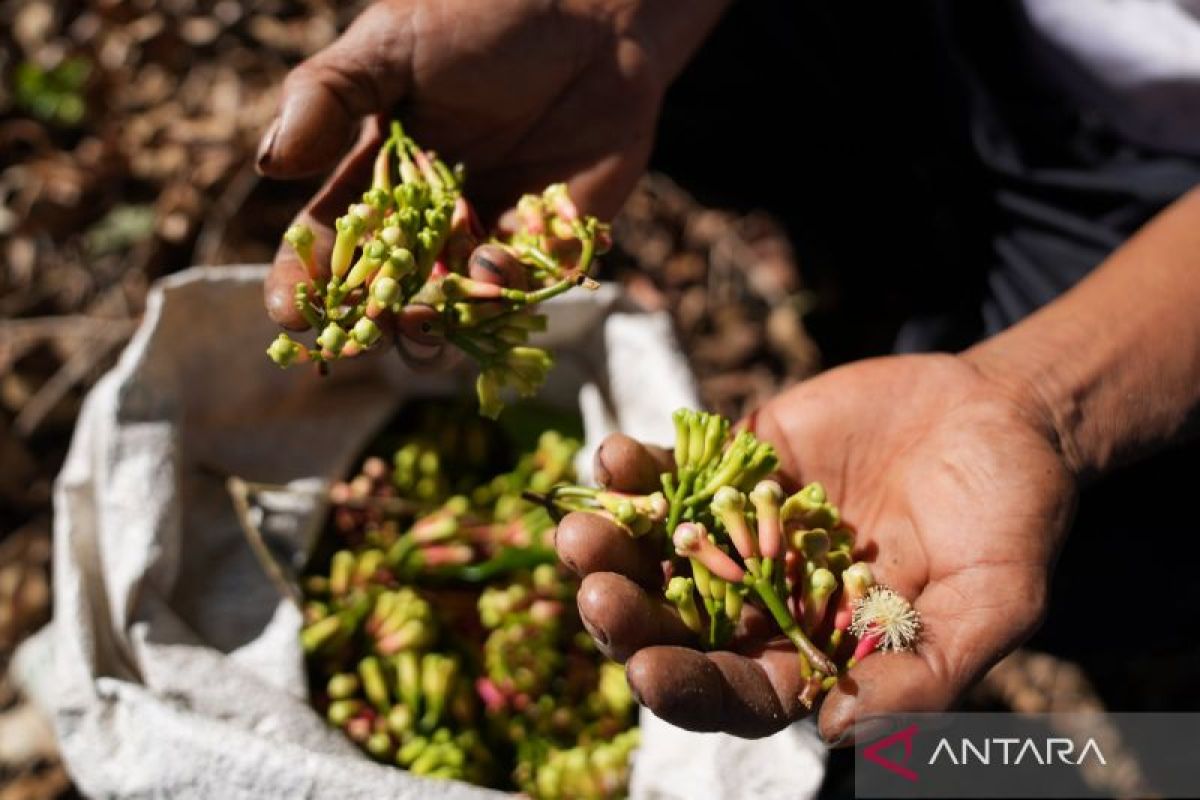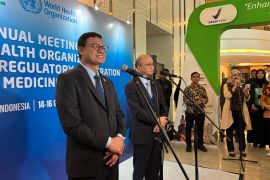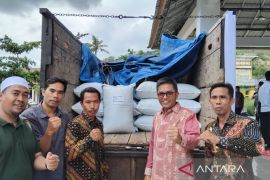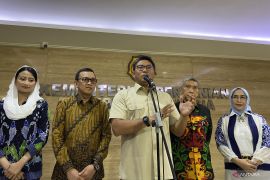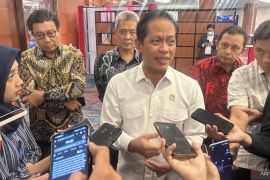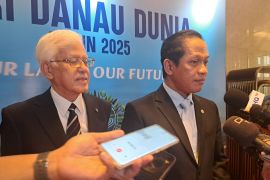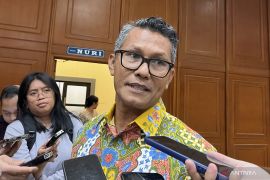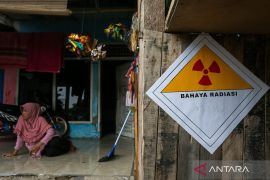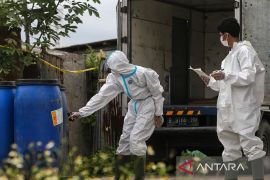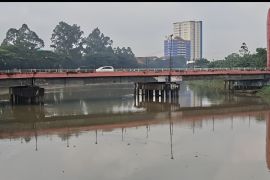During a press conference, Expert Staff at the Coordinating Ministry for Food Affairs and Head of Diplomacy and Communication for the task force, Bara Krishna Hasibuan, detailed the investigation.
The government inspected three clove processing sites in Surabaya, East Java, and found they sourced cloves from two regions: Pati, Central Java, and Lampung.
“We can confirm contamination was found at a plantation in Lampung,” Hasibuan stated.
He emphasized that, crucially, the contamination appears limited in scope and had not spread to other areas or commodities at this time.
The contamination was initially detected when the U.S. Food and Drug Administration (FDA) blocked spice imports from Indonesian company PT NJS due to the presence of Cesium-137 in clove shipments.
This finding adds to the list of contamination cases in Indonesian food exports, following an earlier detection of Cs-137 in frozen shrimp.
As a precaution, the task force and the Nuclear Energy Regulatory Agency (BAPETEN) have recommended halting sales of potentially contaminated clove products until comprehensive laboratory testing is complete.
"The team is still tracing the precise source of the Cs-137 contamination in Lampung," Hasibuan said. "The government is acting quickly to localize the contamination to prevent it from spreading to other regions."
He urged the public and businesses to remain calm and await the official laboratory results, assuring that the government will continue to provide updated and transparent information.
Related news: Cesium-137 leak a wake-up call for Indonesia, says minister
Related news: Indonesia remains able to export shrimp to US: Govt
Translator: Maria, Kenzu
Editor: Aditya Eko Sigit Wicaksono
Copyright © ANTARA 2025
